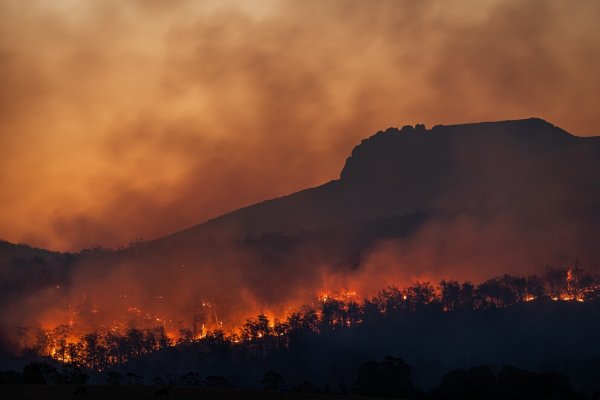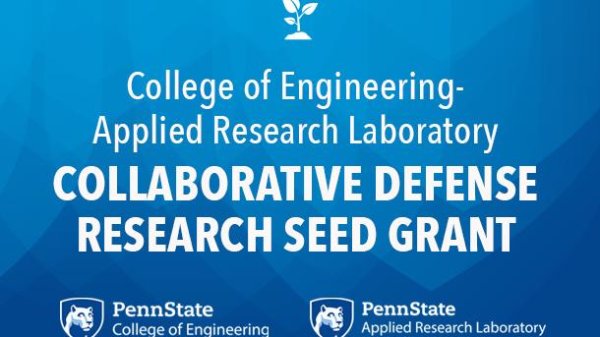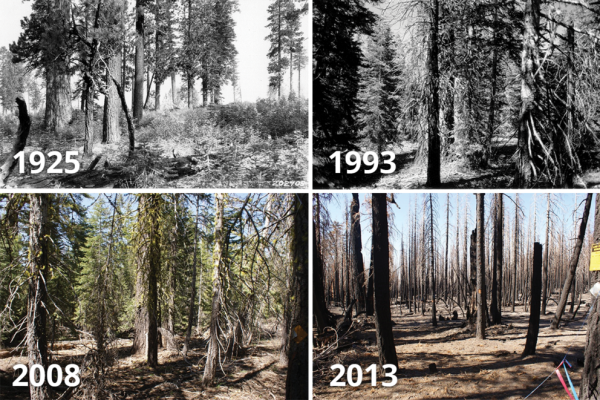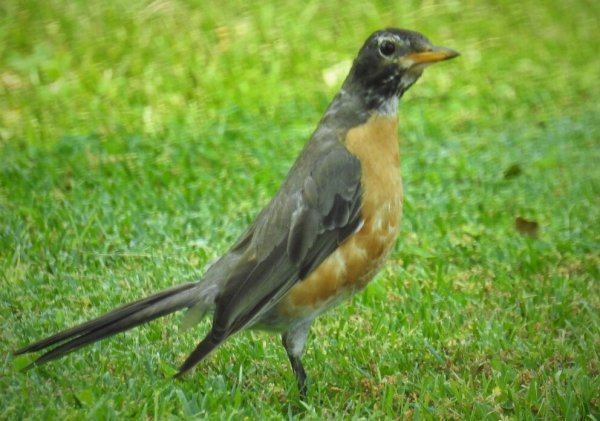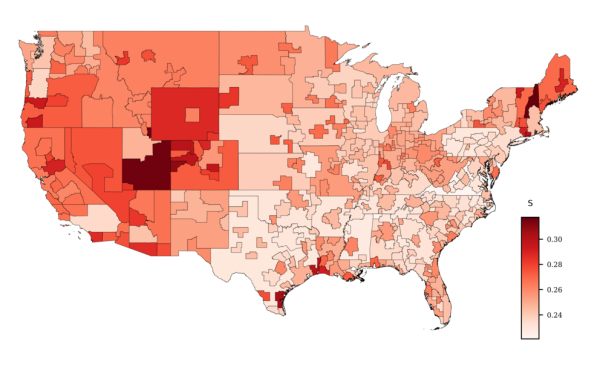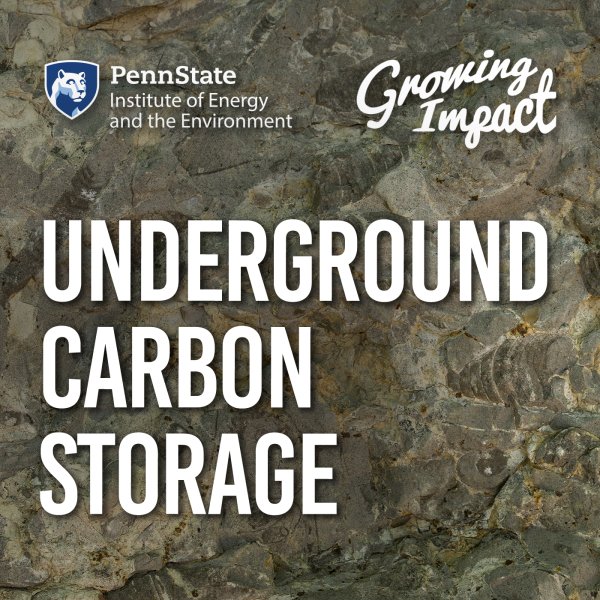Faculty Friday: Jessica Myrick
Meet Jessica Myrick, an IEE co-fund and Penn State Bellisario College of Communications faculty member. To help make a positive impact on the world, Jess is working to figure out how to talk about science, health, and the environment.
Australian megafires burn critical habitat of 'Vulnerable' virus-harboring bats
| news.psu.edu
Researchers studied bushfire incidences from 2012 to 2020 within eastern Australia, and found that the severe megafires that occurred during 2019-20 were much larger and more concentrated across the landscape than in previous years. Loss of habitat in these brushfires may drive Hendra- and Lyssa-infected bats closer to human populations.
Engineering and Applied Research Laboratory award defense research seed grants
| psu.edu
In support of multidisciplinary research, the Penn State College of Engineering and the Penn State Applied Research Laboratory collaborated to create a new seed grant program. Five faculty teams have been awarded the inaugural College of Engineering-Applied Research Laboratory Collaborative Defense Research Seed Grant.
Penn State Security Center announces Fall 2021 Grant Program
| news.psu.edu
The Penn State Center for Security Research and Education is announcing its Fall 2021 Grant Program to support security-related scholarship and educational programs at Penn State. University faculty and researchers are eligible to apply by Sept. 30.
Fire operations-prescribed burning combo reduces wildfire severity up to 72%
| news.psu.edu
Firefighters battling wildfires in the western United States use a variety of suppression tactics to get the flames under control. Prescribed burns can make fire suppression operations almost three times as effective in limiting wildfire severity.
Student-led virtual event strengthens Penn State-Freiburg Partnership
| news.psu.edu
The Convergence Center for Living Multifunctional Material Systems (LiMC2), in partnership with the University of Freiburg’s Cluster of Excellence for Living, Adaptive and Energy-autonomous Materials Systems (livMatS) recently hosted a graduate student-focused interactive workshop and poster session on June 21-22, 2021.
Penn State research teams awarded seed grants to advance biodevices
| psu.edu
Four interdisciplinary research teams recently received seed grants from the Penn State Biodevices Seed Grant program and the Grace Woodward Collaborative Research in Engineering and Medicine Grant program to fund their work in advancing biodevices.
Water resources professor receives 2021 Black Award for excellence in research
| news.psu.edu
Elizabeth Boyer, professor of water resources in Penn State’s College of Agricultural Sciences, is the 2021 recipient of the Alex and Jessie C. Black Award for excellence in research.
Be on the alert for sick songbirds
| news.psu.edu
Pennsylvania residents may see dead and dying songbirds exhibiting strange symptoms, warns Margaret Brittingham, professor of wildlife resources in Penn State’s College of Agricultural Sciences, who is monitoring the spread of a mysterious disease in the eastern United States.
Diversification in supply chain crucial to avoid 'food shock' in cities
| news.psu.edu
Diversification in the sourcing of food into cities can go a long way to tempering "food shock" — a sudden drop in food supply due to unforeseen events, according to a team of researchers from Penn State and Northern Arizona University, who developed a statistical risk model linking supply chain diversity to the probability of a city experiencing food shocks.
GCSE 2022 Call for Session Proposals
IEE will cover registration costs for those that chair sessions or present in sessions or posters. Please email iee@psu.edu to request this.
Climate and energy management require civic energy
| by Peter Buck, Brandi Robinson, Michael Mann
Climate educators should step up to the plate and take civic action on climate change. The strategies and management approaches are already all around us. Now, it is just a matter of putting them together and holding the course.


